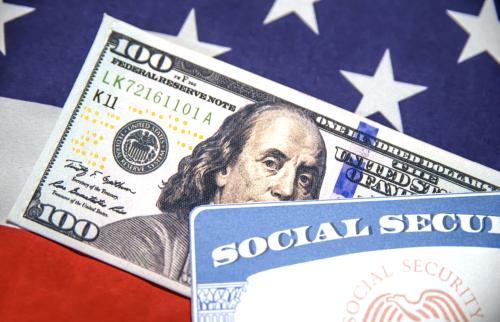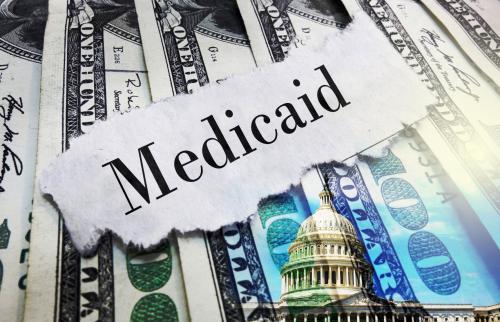Mr. Chairman and other members of the Committee, thank you for inviting me to testify before the Committee this morning. The past 25 years have seen a dramatic shift in our nation’s pension system away from defined benefit plans and toward defined contribution accounts such as 401(k)s and IRAs. Our public policies, however, have largely not been updated to reflect the increased responsibility that has been placed on workers to prepare for their own retirements. To this end, my testimony makes two central points.
First, retirement security can be substantially improved and strengthened through a series of common sense reforms that would make the defined contribution pension system easier to navigate and more rewarding for American families. A growing body of empirical evidence, including a path-breaking new study conducted by The Retirement Security Project in conjunction with H&R Block, suggests significant benefits if we make it easier for middle- and lower-income households to save for retirement and increase their incentives to do so.
My testimony highlights four key policy changes to improve retirement security for middle- and lower-income households: (a) automating 401(k) plans to reduce the decision-making burden on workers, (b) implementing split tax refunds so that workers could deposit part of their tax refund into a retirement account, (c) revamping the existing Saver’s Credit so that it provides a more effective and transparent matching incentive for retirement contributions, and (d) reducing the steep and confusing implicit taxes on retirement saving often imposed through means-tested benefit programs such as Food Stamps, Medicaid, and Supplemental Security Income. Both sides of the Social Security debate can embrace these common sense reforms to make the individual accounts we already have, in the form of 401(k)s and IRAs, work better.
The Brookings Institution is committed to quality, independence, and impact.
We are supported by a diverse array of funders. In line with our values and policies, each Brookings publication represents the sole views of its author(s).



Commentary
TestimonyImproving Retirement Security
May 19, 2005